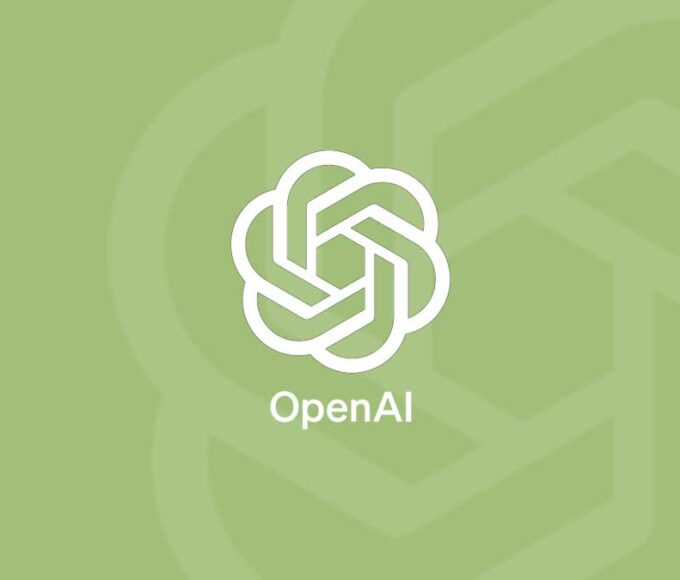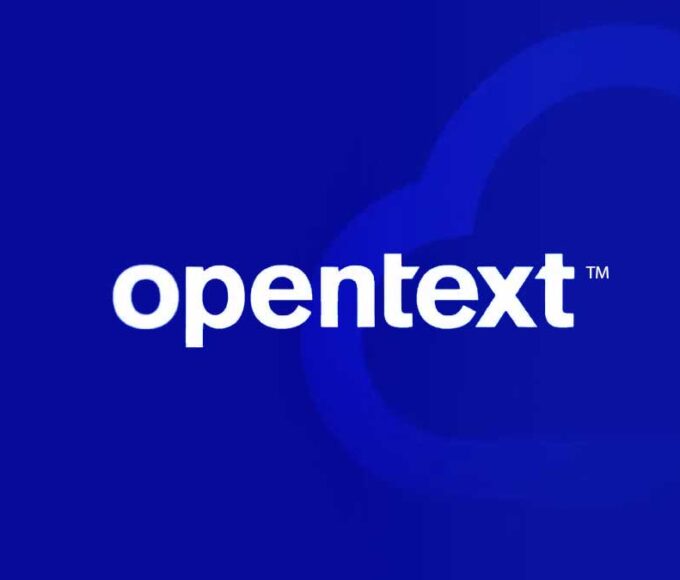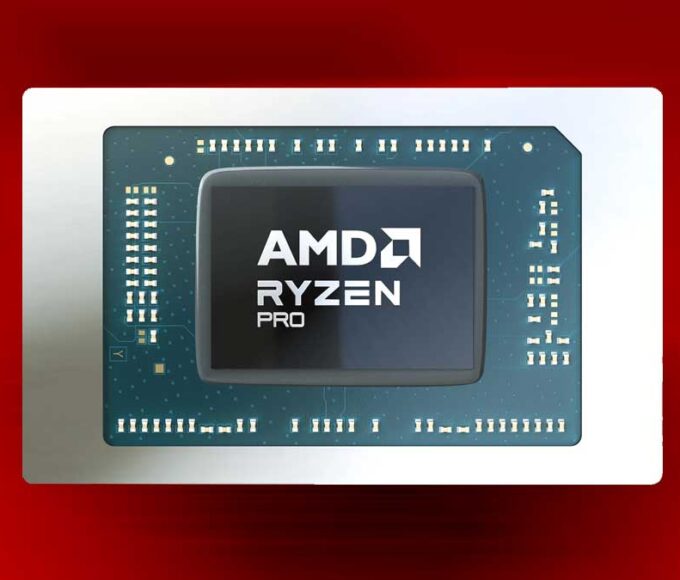- Home
- Billionaires
- Investing Newsletters
- 193CC 1000
- Article Layout 2
- Article Layout 3
- Article Layout 4
- Article Layout 5
- Article Layout 6
- Article Layout 7
- Article Layout 8
- Article Layout 9
- Article Layout 10
- Article Layout 11
- Article Layout 12
- Article Layout 13
- Article Layout 14
- Article Sidebar
- Post Format
- pages
- Archive Layouts
- Post Gallery
- Post Video Background
- Post Review
- Sponsored Post
- Leadership
- Business
- Money
- Small Business
- Innovation
- Shop
Recent Posts
NetApp Boosts Intelligent Data Infrastructure for AI

NetApp, a prominent player in the intelligent data infrastructure space, is making strides to enhance its capabilities as the demand for artificial intelligence (AI) and machine learning continues to rise across the global IT landscape. As AI and machine learning increasingly permeate both enterprise and consumer applications, organizations are seeking solutions that can support and optimize these technologies. NetApp aims to position itself at the forefront of this shift by providing the essential infrastructure that enables generative AI to flourish.
Artificial intelligence has transformed how we interact with technology, allowing us to communicate with our devices, such as smartphones and smartwatches, in ways that were once thought impossible. The ability of AI to perform complex tasks—like summarizing vast amounts of information and generating human-like responses—has garnered significant attention. However, the effectiveness of AI hinges on the quality of the underlying data and infrastructure. Recognizing this, NetApp is committed to advancing intelligent data infrastructure to better support generative AI applications.
NetApp’s CEO, George Kurian, emphasizes that the company is dedicated to creating an expansive data strategy that enhances AI capabilities. He asserts that the current challenges surrounding AI are deeply intertwined with data management. To address this, NetApp envisions a future where relevant data is secure, governed, and consistently updated, ensuring that organizations can utilize a unified and integrated generative AI stack.
Kurian notes that an effective data strategy is the cornerstone for companies aiming to leverage AI. This strategy should encompass deep domain knowledge, rapid testing and adaptation, and a robust data ecosystem. He acknowledges the difficulties many organizations face in moving from siloed data to a more unified approach. However, he points out that industries such as life sciences and healthcare have successfully navigated this transition, demonstrating that AI can be effectively applied to diverse data assets.
Central to NetApp’s advancements is its operating system, ONTAP, which facilitates unified storage management. Just as personal computers and smartphones rely on operating systems to function, enterprises also require a dedicated storage operating system. A storage operating system streamlines the management of files, access privileges, data classification, and backups, among other critical functions. It ensures that data is efficiently allocated, stored, and maintained, allowing organizations to optimize their storage resources.
As part of its product updates, NetApp is pursuing Nvidia certification for its ONTAP storage on the AFF A90 platform, which integrates with Nvidia’s DGX SuperPOD AI infrastructure. This partnership will empower organizations to leverage advanced data management capabilities for their most demanding AI projects. Additionally, NetApp is creating a global metadata namespace to facilitate secure and compliant data management across hybrid multi-cloud environments. This development aims to enhance feature extraction and data classification for AI applications.
In a recent technical statement, NetApp highlighted its new AI data pipeline, which automates the preparation of unstructured data for AI applications. This pipeline captures incremental changes to data sets, performs policy-driven data classification and anonymization, and generates highly compressible vector embeddings. These embeddings are stored in a vector database integrated with the ONTAP data model, enabling high-scale, low-latency semantic searches and retrieval-augmented generation inferencing.
Krish Vitaldevara, NetApp’s Senior Vice President for platforms, underscored the importance of generative AI in driving innovation across various industries. He stated that NetApp empowers organizations to unlock the full potential of generative AI by providing a secure, scalable, and high-performance intelligent data infrastructure. By integrating with other leading industry platforms, NetApp aims to help customers overcome the barriers to implementing generative AI solutions, allowing businesses to apply their data more effectively and outpace their competitors.
A disaggregated storage architecture plays a critical role in enhancing the efficiency of NetApp’s infrastructure. This approach maximizes the utilization of network and flash speeds, reducing infrastructure costs while improving performance. It is particularly beneficial for high-scale, compute-intensive AI workloads, such as training large language models (LLMs). This architecture will be integral to ONTAP, combining the advantages of a disaggregated system with ONTAP’s robust features, including data management, security, and governance.
NetApp is also focused on creating an integrated and centralized data platform that allows organizations to ingest, discover, and catalog their data efficiently. By developing services that visualize, prepare, and transform data, NetApp enables businesses to securely share their datasets with cloud providers’ AI and machine learning services, including third-party solutions. The company plans to introduce an integration that allows customers to utilize Google Cloud NetApp Volumes as a data store for BigQuery and Vertex AI.
Reflecting on NetApp’s evolution, Kurian noted that the company is transitioning from a traditional data storage provider to an intelligent data services organization. He drew historical parallels, referencing ancient Babylonia’s early census practices and their modern counterparts. Kurian emphasized that the advancements in computational and algorithmic power have created an opportune moment for organizations to harness intelligent data infrastructure effectively.
In conclusion, NetApp is positioning itself as a leader in intelligent data infrastructure by enhancing its capabilities to support the growing demands of AI and machine learning. With a strong focus on data management, security, and integration, NetApp aims to empower organizations to leverage their data more effectively, facilitating innovation and maintaining a competitive edge in an increasingly data-driven world.
Recent Posts
Categories
- 193cc Digital Assets2
- 5G1
- Aerospace & Defense46
- AI37
- Arts3
- Banking & Insurance11
- Big Data3
- Billionaires426
- Boats & Planes1
- Business328
- Careers13
- Cars & Bikes76
- CEO Network1
- CFO Network17
- CHRO Network1
- CIO Network1
- Cloud10
- CMO Network18
- Commercial Real Estate7
- Consultant1
- Consumer Tech180
- CxO1
- Cybersecurity68
- Dining1
- Diversity, Equity & Inclusion4
- Education7
- Energy8
- Enterprise Tech29
- Events11
- Fintech1
- Food & Drink2
- Franchises1
- Freelance1
- Future Of Work2
- Games141
- GIG1
- Healthcare78
- Hollywood & Entertainment186
- Houses1
- Innovation42
- Investing2
- Investing Newsletters4
- Leadership65
- Lifestyle11
- Manufacturing1
- Markets20
- Media193
- Mobile phone1
- Money13
- Personal Finance2
- Policy567
- Real Estate1
- Research6
- Retail1
- Retirement1
- Small Business1
- SportsMoney33
- Style & Beauty1
- Success Income1
- Taxes2
- Travel10
- Uncategorized8
- Vices1
- Watches & Jewelry2
- world's billionaires395
Related Articles
Arm Unveils Next-Gen AI Chips at Computex 2024
Earlier this month at Computex 2024 in Taiwan, Arm made headlines with...
By 193cc Agency CouncilJune 29, 2024OpenAI Boosts Data Capabilities with Rockset Acquisition
OpenAI recently acquired Rockset, a prominent real-time analytics company, signaling a strategic...
By 193cc Agency CouncilJune 24, 2024OpenText Enhances ECM with AI Upgrades in Cloud Edition 24.1
OpenText has unveiled OpenText Cloud Edition 24.1, featuring enhanced generative AI capabilities...
By 193cc Agency CouncilJune 19, 2024AMD’s Ryzen Pro 8000 Series Boosts AI in Business PCs
AMD has announced the launch of its Ryzen Pro 8000 series processors,...
By 193cc Agency CouncilMay 7, 2024















Leave a comment